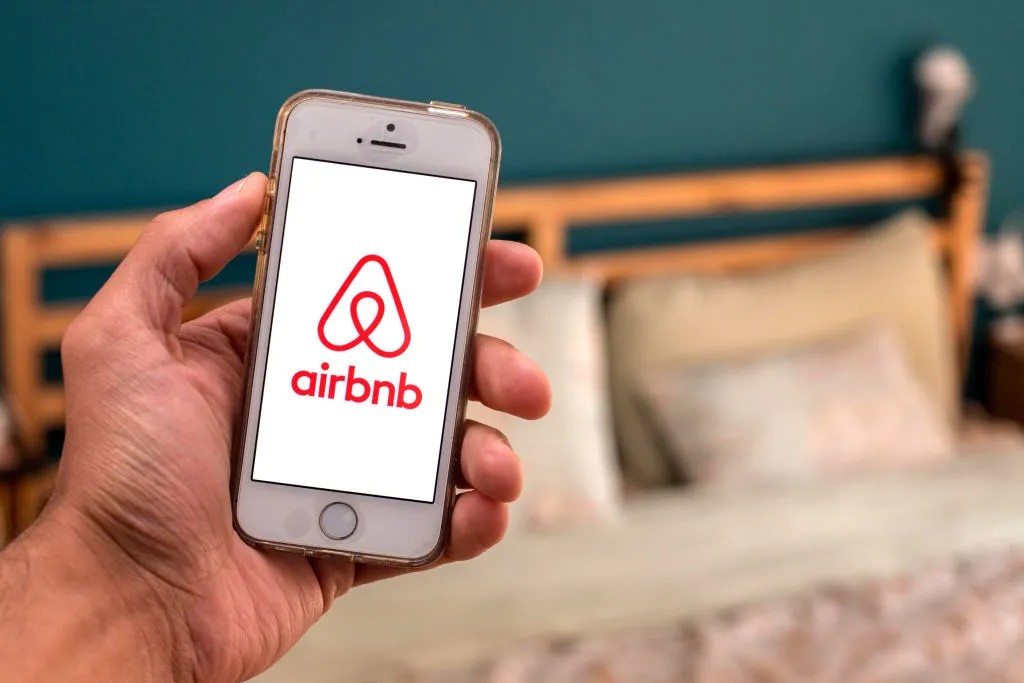- This horrifying incident has raised alarms over the safety of short-term rental properties, particularly those listed on popular platforms like Airbnb.
Over the weekend, Nairobi was shaken by a gruesome discovery: a 24-year-old woman was found stabbed to death, her body dismembered and stuffed into a black paper bag off Thika Road.
Police said they are yet to know the motive of the incident.
This horrifying incident has raised alarms over the safety of short-term rental properties, particularly those listed on popular platforms like Airbnb.
In a separate but equally disturbing case, John Matara has become infamous for the alleged murder of Starlet Wahu, a socialite whose body was found in an apartment in South B, Nairobi.
Over the years, Airbnb's experience in Kenya has seen significant growth in recent years.
Read More
While the platform offers travellers unique local stays, the recent tragedies have prompted a reevaluation of the safety measures for guests and hosts. The reputation of Nigerians renting Airbnb is familiar to Kenyans. The Nigerian community has heavily contributed to this sharing economy as they travel to Kenya.
Since its inception in 2007, Airbnb has expanded to over 220 countries. The allure lies in its convenience, the opportunity to “live like a local,” and often, more affordable rates than traditional hotels.
Recently, the expectation of a pleasant stay has been marred by rare but impactful tragedies.
In response to these events, there have been calls for stricter safety measures, including the mandatory installation of CCTV cameras in Airbnb properties.
While investigators assert that such measures are necessary for guest safety, some members of the Kenyan online community, particularly on X, view this as insufficient. They advocate for more robust standards to guarantee security.
@KipTangus254
The only thing hotel/accommodation providers must keep is a booking/ occupancy register. CCTVs also pose a legal and business challenge sometimes.
@MPlegal1
That's a very low standard of regulation. Whatever Kenyans are operating are lodgings. They should be regulated as hotel rooms and registered as such. If we call them Airbnbs, then the international standards of such establishments should be adopted.
The recent surge in violent incidents related to Airbnb properties has cast a spotlight on the urgent need for change.
Mental health activist in Nakuru, Ruth Magak, has expressed deep concern over these acts of violence, emphasizing the necessity to value human life. The sentiment has been echoed with many Kenyans expressing grief and frustration over the frequency of these tragedies, especially so soon after the case of Starlet Wahu.
As we look to the future, it's clear that comprehensive safety measures, such as the mandatory installation of CCTV cameras, should be implemented, and we should go beyond to establish higher standards of security and support for both guests and hosts.
Moreover, there's a call for a more robust mental health infrastructure that can address the psychological impacts of such events on all involved parties.
The conversation around Airbnb now balances its growth and popularity with the need for enhanced safety protocols to protect guests and hosts. As the platform continues to evolve, so must the measures that safeguard its users, ensuring that the experience remains alluring and secure.




-1772102940-md.jpg)


-1772090413-1772095461-md.jpg)


-1772102940-sm.jpg)

